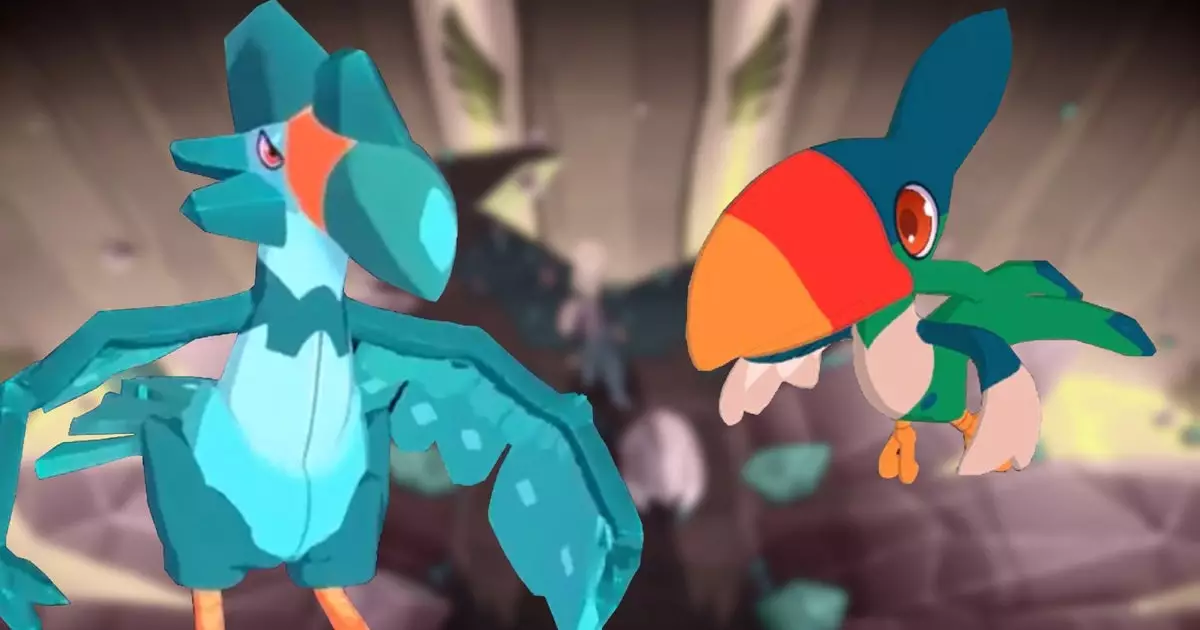The indie gaming scene has always been a bastion of creativity and innovation, frequently synonymous with the challenges of financial sustainability. In July, a significant disruption shook this community when Ziff Davis, the parent company of Rock Paper Shotgun, executed a sweeping layoff, terminating all 36 employees of Humble Games in what they labeled “challenging economic times.” Such drastic measures raised alarms within the industry, highlighting the fragility of indie game publishing and the broader economic realities influencing these decisions.
The aftermath of this upheaval has given birth to a new entity—Good Games Group, founded by Alan Patmore and Mark Nash, two pivotal figures from Humble Games. Their mission is to rekindle partnerships with familiar developers and provide sustained support for indie projects. This new initiative not only marks a fresh start for these industry veterans but also offers a glimmer of hope for indie developers affected by Humble’s restructuring.
Rebuilding Connections and Future Collaborations
The establishment of Good Games Group signals a positive shift in an otherwise somber atmosphere resulting from the layoffs. Patmore has expressed optimism about the future, stating that their re-engagement with Ziff Davis allows for continued collaboration with indie developers. This partnership is a strategic move, intended to bridge the gap left by Humble’s abrupt departure from the scene. Projects like *Carto*, *Temtem*, and *Midnight Fight Express*, which continue to be featured on the Good Games Group website, are clear indicators of their commitment to nurturing existing relationships while steering towards new business avenues.
However, the shift has not been without its shadows. The indie game development community was understandably shaken by the news of Humble Games’ restructuring. The emotional toll on developers is palpable, as epitomized by the sentiments expressed by the creators of *Signalis*, who lamented the loss of their publishing partner and empathized with laid-off employees. The heartfelt responses echo a wider concern: the sustainability of independent game publishing is increasingly precarious, and the fallout from such layoffs can leave lasting scars.
The underlying factors that led to this corporate restructuring, particularly Ziff Davis’ failed attempts to sell Humble Bundle publishing, unveil a narrative of cautious corporate maneuvering. The revelations from leaked communications, particularly concerning Steve Horowitz’s comments about the lack of demand and viable offers for Humble, suggest deeper issues at play—decisions mirroring the broader industry anxieties.
The economic conditions that precipitated the layoffs reflect pressures felt across the gaming landscape. The soaring costs associated with game development, combined with fluctuating market interests, create an environment where even established players find themselves vulnerable.
Yet amidst these challenges, the evolution of Good Games Group represents resilience and hope for a sector often overlooked by larger publishers. While the path ahead remains fraught with uncertainties, this initiative signals a commitment to fostering indie creativity and ensuring that talented developers continue to receive the support they need.
The rise of Good Games Group amidst the turmoil at Humble Games encapsulates a crucial moment in the indie gaming narrative—one where cooperation and innovation might just pave the road towards a brighter future for indie developers and their communities. As these new partnerships emerge, the industry waits with bated breath to see how this new venture will shape the landscape of indie publishing in the coming years.


Leave a Reply
You must be logged in to post a comment.